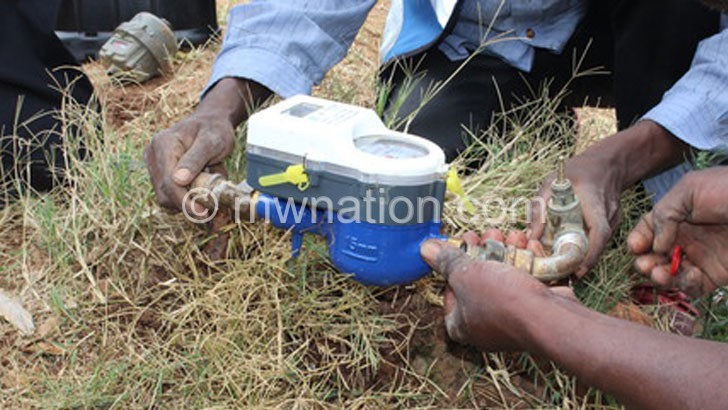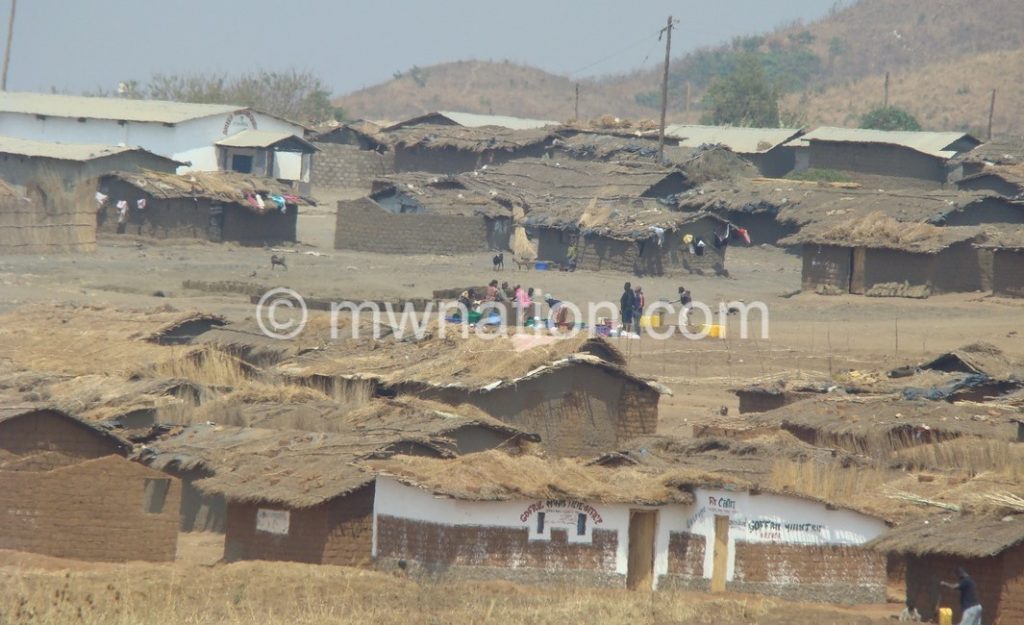Comptroller of Statutory Corporations Peter Simbani says utility firms are struggling to remit dividends because they are owed billions of kwacha in unpaid bills.
Briefing Parliament’s Public Accounts Committee (PAC) in Lilongwe on Wednesday, he said as of December 2022, Electricity Supply Corporation of Malawi (Escom) was owed about K40 billion by government ministries, departments and agencies (MDAs).
Simbani said of that amount, Blantyre Water Board (BWB) alone owes K34 billion.
He said: “Southern Region Water Board is owed K11 billion by government institutions and of the K11 billion, Malawi Defence Force (MDF) is responsible for K8.2 billion.”
Simbani said Central Region Water Board is owed K4 billion with MDF alone owing it K3.4 billion. Northern Region Water Board is owed K2.9 billion.
He said the outstanding bills are choking operations of the parastatals.
Simbani said: “My interest as comptroller of Statutory Corporations is to have parastatals that are performing well in terms of finances. Parastatals that are able to remit dividends to government when they should.
“When you are being owed K11 billion there is no way that you can declare a dividend because that money is being held by somebody.”
He said for water boards, the biggest challenge has been security agencies as they are responsible for a bigger part of the debts.
Simbani said efforts are underway to connect prepaid water meters in all government institutions, but connecting the same to security agencies has been a challenge.
“Such debts distort the whole picture of your budget and you end up posting a deficit. Thus, there is no way you can declare a surplus which will result in you paying government a dividend,” he said.
PAC vice-chairperson Ned Poya has since challenged the comptroller of Statutory Corporations to see to it that companies supposed to pay dividends to government, are able to do so.
He said it does not make business sense that government should continue putting money in companies that perennially make losses.
Said Poya: “It is better to close the companies and have resources used for other needs. It is better to close them. If every year we are supposed to be giving them money then it is better to close them and build schools other than funding them.
“Because what we have been doing is like funding their lifestyles and not funding for Malawians to benefit. On that, we need to think deeply.”
Speaking in an interview later, Escom spokesperson Kitty Chingota said the utility is financiallly stressed because MDAs are not paying for the electricity consumed.
She said Escom will soon place the errant institution on pre-paid meters, adding some institutions have already been put on prepaid meters.
“It will be the only way we can run away from these issues of not being paid,” said Chingota.
In October 2022, Ministry of Finance and Economic Affairs said despite commercial State-Owned Enterprises (SoEs) being market-oriented entities, the number of loss-making ventures remains relatively high.
A consolidated report for SoEs published by the Ministry of Finance and Economic Affairs showed that overall, 46 percent of all the commercial SOEs registered losses and deficits in 2020, an increase from 23 percent in 2019.
The report, which focuses on the aggregate financial and non-financial performance of the 28 commercial SoEs further shows the number those making losses has increased over four years from five in 2017 to 10 in 2020.
The report indicated that key among the loss-making entities are water boards, whose performance reflects their worsening operating environment, especially on non-cost reflective tariffs.
Rumphi has 1 047 cases and 17 deaths, Dedza has 1 026 cases and 41 deaths, Karonga has 925 cases and 23 deaths, Dowa has 806 cases and 22 deaths while Mzimba North has 469 cases and two deaths.1 213 cases and 43 deaths,
Thyolo has recorded 505 cases and 13 deaths, Chiradzulu has 503 cases and 23 deaths and Mulanje has 447 cases and 19 deaths. Meanwhile, the country on Tuesday recorded 11 new Covid-19 cases.
The post Unpaid bills choke utilities’ operations first appeared on The Nation Online.
The post Unpaid bills choke utilities’ operations appeared first on The Nation Online.
 Moni Malawi
Moni Malawi 

